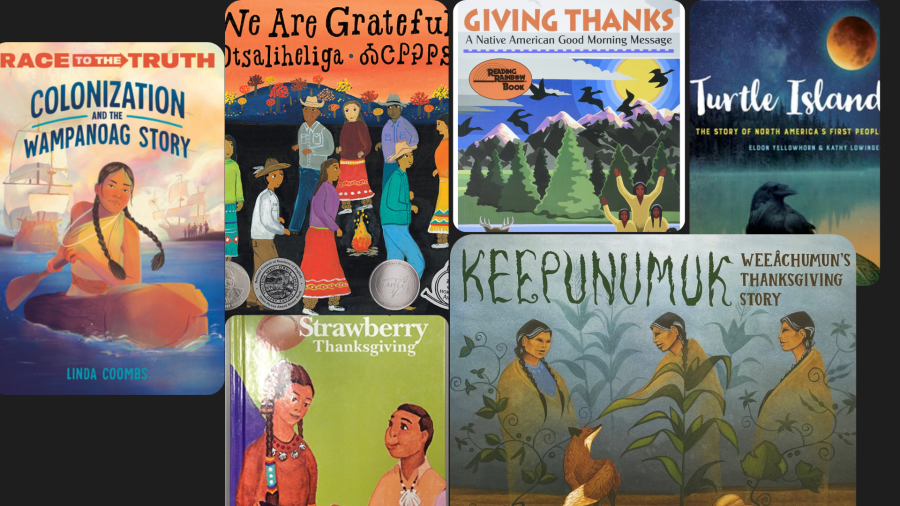The Trask family has been continuously active in the cause of Native Hawai’ian sovereignty since the United States overthrow of the Kingdom of Hawai’I in 1893. Mililani Trask has taken that cause to the international level, and has expanded her work to defend indigenous peoples throughout the world, with a special concern for those in the Pacific Basin. She is an attorney and has been qualified before the U.S. Congress as an expert on Native trusts, and was nominated by indigenous peoples throughout the Pacific Basin as a regional expert to be a founding member of the U.N. Permanent Forum on Indigenous Issues. Here, Trask discusses the Apology Bill and the what it means for Native Hawai’ian sovereignty.
The Apology Bill is a clear statement from the U.S. Congress, signed by former President Bill Clinton, that the United States was complicit in initiating the overthrow of the Kingdom of Hawai’I in 1893. It recognizes that what occurred was a violation of international law. It then goes on to recognize the tragic ramifications of the U.S. actions in terms of landlessness, disenfranchisement, and poverty.
In the Apology Bill there is a critical statement acknowledging that the Hawai’ian peoples never surrendered their sovereignty or their right of self determination by plebiscite, referendum, or any other political means. Lastly, it contains clear language that our right of self-determination was violated.
The bill is a significant document, not only in terms of domestic law for the United States, but in terms of international law. Hawai’I was a member of the world family of nations prior to the overthrow. We had treaty relations with all of the crown heads of Europe and with Japan. In the 1940s, when the United Nations was created, Hawai’I was placed on the list of non-self-governing territories. This designation imposed upon the United States what international law refers to as a sacred trust obligation to decolonize. You will only find the word “sacred” once in international law, and it is with regards to the trust obligation owed to the non-self-governing territories to ensure that they achieve a full measure of self determination.
This bill ends the debate relating to the overthrow, but it opens a great deal of questions relating to the way that Hawai’I was annexed and later removed from the United Nations list of non-self governing territories. This was the result of a unilateral action by the U.S. Congress without the appropriate oversight of the United Nations. The positive thing about the Apology Bill is that it calls for a real reconciliation effort between the United States and the Hawai’ian peoples.
The Apology Bill was a joint endeavor. The U.S. Department of Justice was involved, as were the U.S. Department of the Interior and the Hawai’ian peoples—myself included—over a period of three years. If you look at the follow-up after the Apology Bill was passed, the Clinton administration’s Department of Interior and the Department of Justice continued to work with the Hawai’ian peoples, and issued a report that lays out a strategic approach to reconciliation. A critical part of this approach was to be legislation that would extend federal recognition to the Hawai’ian people and facilitate the reformation of the Hawai’ian nation.
This legislation became the Akaka Bill, which has become a study in deception and the political machinations and manipulations of Washington, D.C. We began with the Clinton apology; we proceeded to lay a framework through the Departments of Justice and Interior report. Five years ago there was a good collective effort to create the first Akaka Bill. But once it went to the U.S. Congress, Hawai’i’s own senators ensured that it would not pass. Senators Daniel Inouye and Daniel Akaka have withheld passage of the bill, and for five years there have not been any hearings in Hawai’i. There has not been any effort to include Native Hawai’ians in drafting. The current bill, which is the third version, provides that we will have federal recognition only by surrendering our human rights—our rights to land and natural resources. It does not give us access as a nation to the federal court to resolve future claims, and it limits our ability to bring claims to current issues. Therefore, the wrongs admitted to in the Apology Bill relating to the overthrow, and our treaty rights relating to economic development, are being swept under the rug.
Under the current arrangement, Hawai’ians are wards of the state and the federal government. Many state, private, and even federal reports demonstrate that the vast majority of our trust lands are being used for military bases, military bombing sites, and public purposes by the state. We also have verification that over the years the federal government—our own representatives in Congress—have worked with a handful of service agencies who receive billions of dollars to maintain wardship over Hawai’ians. These groups have responded by sweeping these Democratic and Republican representatives into office. So you have this corrupt and symbiotic relationship in place, and that is why there is great resentment for the Akaka Bill.
In Hawai’ians’ everyday lives, the Apology Bill has offered us an opportunity to repair damage that has caused increasing polarization in the Hawai’ian community. When you look at the historic relationship between the United States and American Indians you see a long history of abuse and marginalization, resulting in a period of time when there was great upheaval, shoot outs, people being killed, Wounded Knee, and violent responses. We have the opportunity to avoid that by utilizing these reports and the Apology Bill to prepare corrective legislation. The Hawai’ian peoples are entitled to heal that historic wound so that we don’t have to give this legacy of anger to our children.
In Hawai’I Native peoples suffer from dire poverty, homelessness, and serious health problems. These types of social indicators are red flags that violence looms on the horizon if justice is not provided. Native Hawai’ians need federal legislation that recognizes the Hawai’ian nation, ensures a real democratic process for the creation of a self-determining sovereign entity, and access to the federal court system so that when disagreements arise between Native sovereignties and the state or the federal government, we have the opportunity for judicial redress.
In the United States, disagreements are supposed to be resolved in a court of law. When that fundamental right is denied, justice is sought through social upheaval and civil disobedience, or from the barrel of a gun. We are entitled to a better solution than that.
Tara Tidwell Cullen is the managing editor of Cultural Survival Quarterly.



